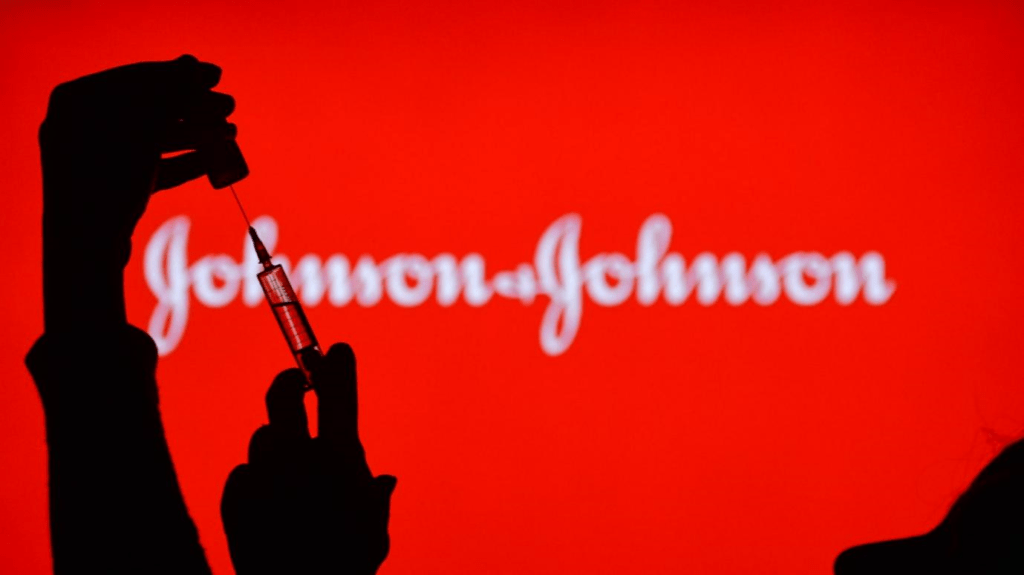
Canada Appeals for International Firefighting Aid
June 09, 2025: Canada has issued an international appeal for firefighting support as wildfires intensify across multiple provinces

February 5, 2021: Johnson & Johnson applied for an emergency use authorization from the Food and Drug Administration for its vaccine against the coronavirus disease after releasing data last week, which shows it was about 66% effective in giving protection.
If J&J’s application gets approved, it would be the third coronavirus vaccine authorized for emergency use in the U.S., apart from the Pfizer-BioNTech and Moderna.
Submission for Emergency Use Authorization of our COVID-19 vaccine is a pivotal step toward reducing the disease for people globally and ending the pandemic. We are ready to begin shipping, J&J’s chief scientific officer, Dr. Paul Stoffels, said.
The FDA scheduled a meeting of its Vaccines and Related Biological Products Advisory Committee to discuss the emergency use on February 26.
U.S. officials and Wall Street analysts eagerly anticipate J&J’s vaccine’s authorization, which could happen by this month.
Pfizer’s and Moderna’s vaccines require two doses given about three to four weeks apart, whereas J&J’s medication only requires one amount, easing logistics for health-care providers.
According to J&J, the vaccine was 66% effective in protecting against Covid-19 overall. The vaccine appeared to be less effective against other variants.
Infectious disease experts say that J&J’s numbers can’t be used directly compared to Pfizer’s and Moderna’s vaccines, found to be 95% and 94% effective, respectively.
The most crucial finding of the J&J data was the vaccine appeared to be 85% effective in preventing severe disease, said Dr. Anthony Fauci.
The FDA indicated that it would authorize a vaccine that’s safe and at least 50% effective.
By comparison, the flu vaccine reduces people’s risk of getting influenza by 40% to 60% compared with people who aren’t vaccinated, the Centers for Disease Control and Prevention said.
J&J has said it plans to ship the vaccine at 36 to 46 degrees Fahrenheit. In contrast, Pfizer’s vaccine needs to be in ultra-cold freezers amid negative 112 and negative 76 degrees Fahrenheit. At the same time, Moderna’s vaccine should be shipped at between negative 13- and 5-degrees Fahrenheit.
We provide the insights on leaders who are responsible for taking their organization to new heights, all the while bringing together a group of talented individuals.

June 09, 2025: Canada has issued an international appeal for firefighting support as wildfires intensify across multiple provinces

May 27, 2025: Air Canada Cuts Five U.S. Routes for Winter 2025–26, Part of Broader Cross-Border Retrenchment

May 26, 2025: Trump Freezes $2.2B in Federal Grants to Harvard Over DEI, Threatens Tax-Exempt Status.

May 14, 2025: Microsoft has announced plans to reduce its global workforce by approximately 3%, affecting roughly 10,000 employees across multiple departments.

May 13, 2025: The Trump administration is considering suspending the constitutional right of habeas corpus in a bid to accelerate mass deportations.

April 29, 2025: Donald Trump’s second term has reached the 100-day mark under sustained public skepticism, with national approval ratings